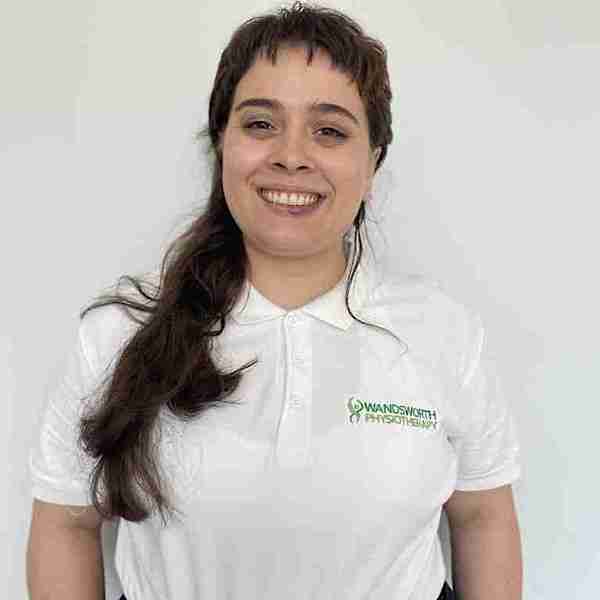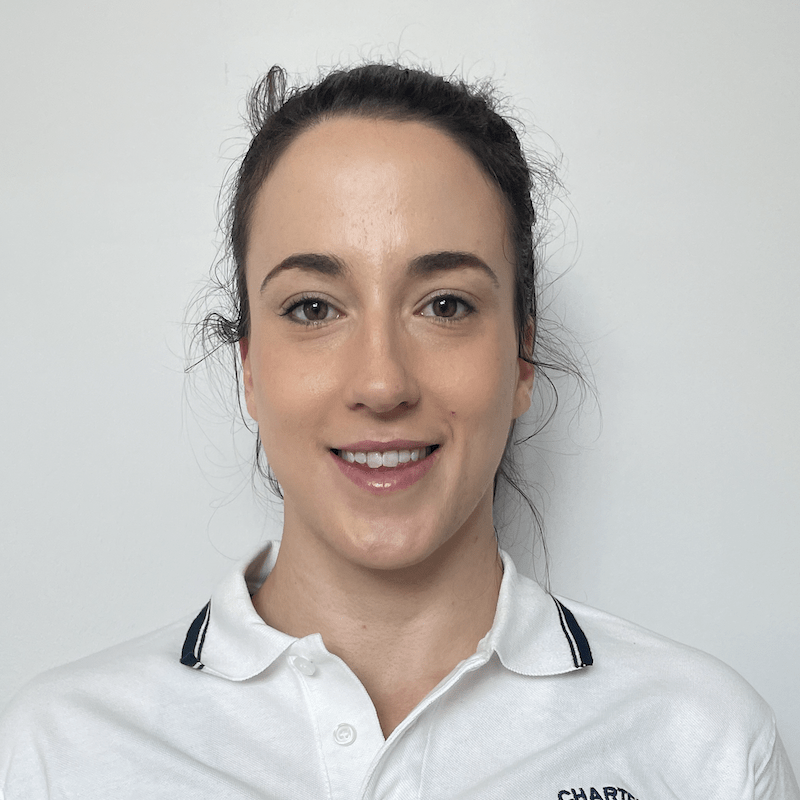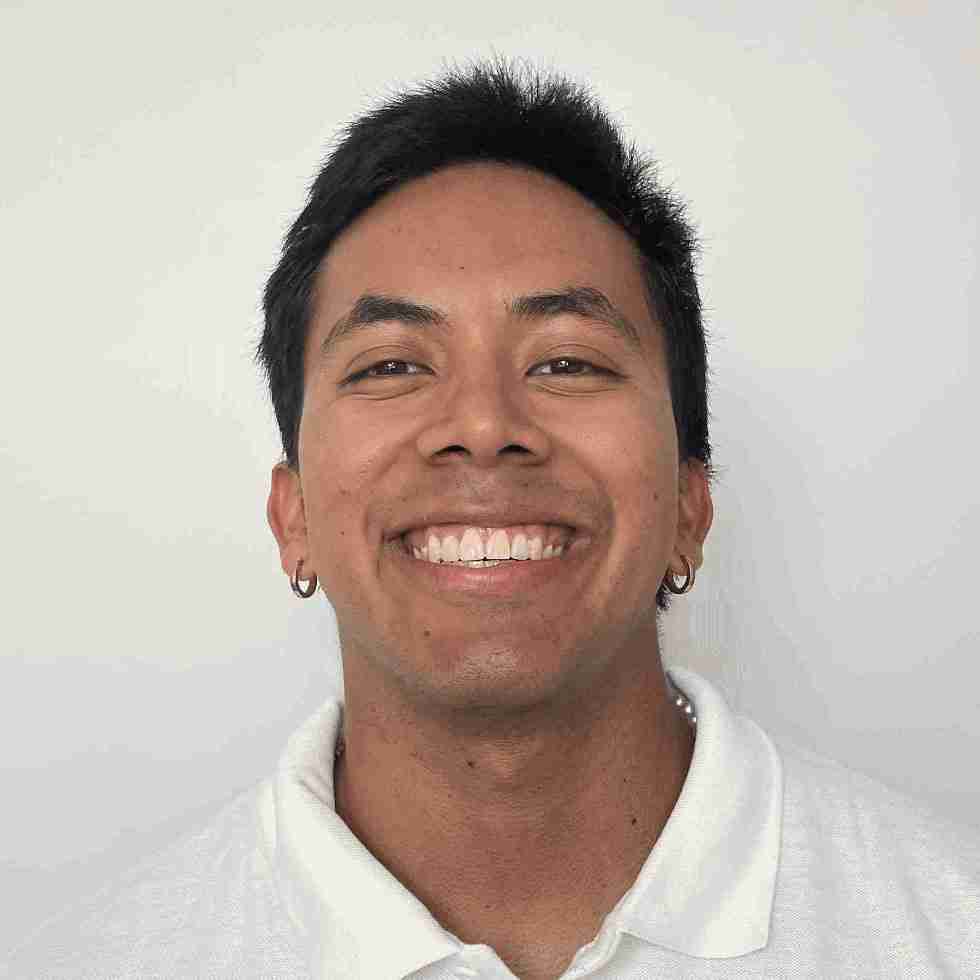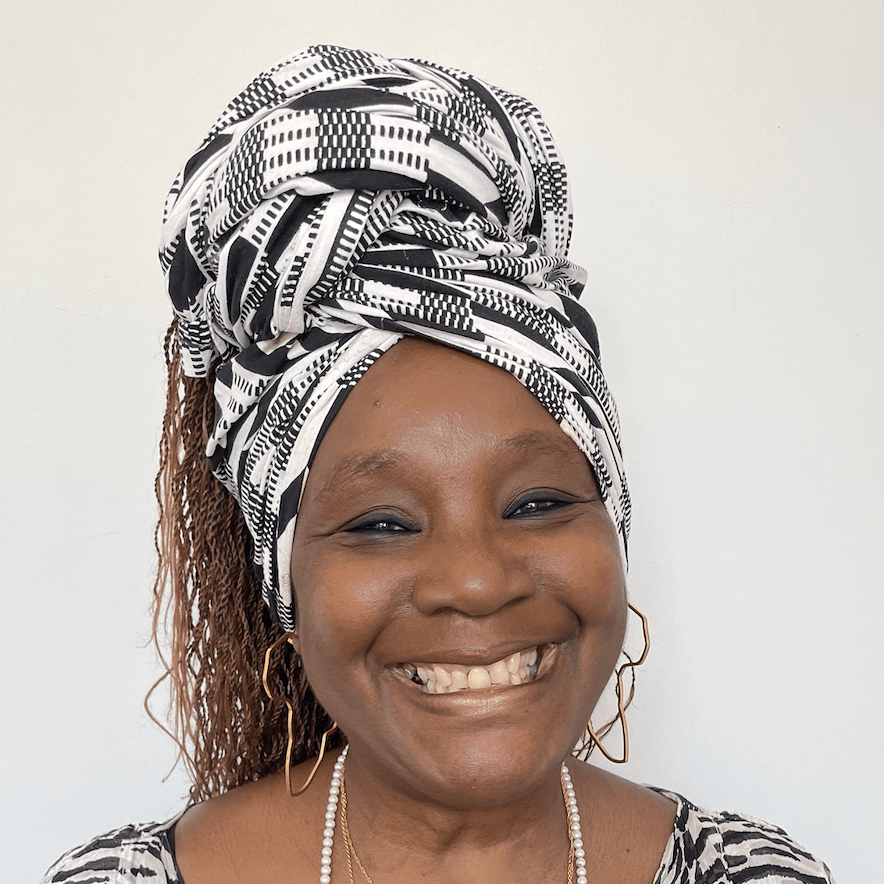Upper Limb Clinic
Are you suffering from elbow, wrist or hand pain?
- Have you fallen and landed on your arm or hand?
- Do you feel a sharp pain in the wrist when pouring a kettle or opening a door?
- Is your elbow or wrist painful to play tennis, golf or go to the gym?
- Have you hurt your finger playing sport or rock climbing?
- Are you getting tingling in the palm of your hand?
- Is your thumb painful texting, using a mouse or lifting things?
If you answered yes, then our upper limb clinic is for you.
Upper limb problems are less common than back pain, sports injuries and shoulder pain, however, still cause a number of people to see a physiotherapist.
There are number of problems that can affect your upper limb such as:
- Tennis and golfer’s elbow
- Carpal tunnel syndrome
- Snapping triceps and ulna nerve dislocation
- Wrist tendinopathy
- De Quervians tenosynovitis
- Trigger finger
- Rheumatological problems affecting the wrist and fingers such as rheumatoid arthritis
- Referred pain from the neck
We will assess your upper limb (as well as neck and shoulder if required) and let you know what is causing your pain and put a treatment and exercise plan together for you.
In your first session with the physiotherapist we will carry out a very detailed assessment of your problem area asking you how long you have had to pain, what may have caused it, how your symptoms differ throughout the day, what aggravates your symptoms and what eases your symptoms, and also ask you some past medical history.
Once we have conducted this interview with you we will then assess your upper limb looking at your movement, strength and flexibility, and we will also do an ultrasound scan of your affected area. Ultrasound scans are very good at imaging the tendons of the elbow, wrist and fingers, some of the ligaments as well as some of the major peripheral nerves. Once we come up with a diagnosis we will implement a treatment plan for your upper limb problem designed to reduce your pain and improve your function.
Ready to Make a Change?
At Wandsworth Physiotherapy & Osteopathy we're focused on getting you out of pain and back to what you love doing, from simply sitting comfortably to playing with your kids, getting back into the gym or being able to run 5k again, our expert Physiotherapists, Podiatrists & Osteopaths are here to help!
All appointments are secured with payment. All appointments cancelled within 24 hours of the start time or not attended will not be refunded.
Management of upper limb injuries
Elbow pain
The most common cause of lateral elbow pain is tennis elbow or lateral epicondylitis. Other diagnoses can include osteochondritis dissecans, lateral ligament injury or posterior interosseous nerve entrapment. The most common cause or medial elbow pain is medial epicondylitis or golfer’s elbow.
Neither of these problems are inflammatory disorders and thus incorrectly named. It is more of a tendinopathy of the common extensor origin (CEO) and common flexor origin (CFO).
Tennis elbow is diagnosed mainly by symptoms, based and by the location of pain, confirmed by pain and weakness on resisted wrist and 3rd digit extension and tenderness on palpation of the lateral epicondyle. Similarly golfer’s elbow is also confirmed by location of pain, palpation of the medial epicondyle and pain and weakness on wrist flexion. Both can be supported by imaging especially US imaging.
Treatment
Steroid injections can have a short rapid improvement in symptoms but quite a quick decline and then at 1 year follow up a lower efficacy and improvement in symptoms. A wait and see approach and physiotherapy have a slower improvement in symptoms but have a greater resolution at 1 year follow up with physiotherapy being superior to a wait and see approach.
Physiotherapy treatment should consist of a gradual and progressive strengthening programme for the forearm muscles. Exercise combined with shockwave therapy may have a better a better resolution in symptoms. Adjuncts to treatment include soft tissue release, joint mobilisation, acupuncture and taping. Tennis elbow straps should also be worn to offload the CEO and CFO.
Cubital and carpal tunnel syndrome
These injuries affect the ulna and median nerve in the arm at the elbow and wrist respectively. These are nerve compression injuries and can lead to tingling into the palm of the hand (median nerve) and little and ring finger (ulna nerve). If there is more severe nerve compression it will result in weakness of the muscles of the wrist and hand. Alongside clinical assessment ultrasound scans are very useful for picking up these nerve compressions.
Treatment may consist of neural mobilisation, acupuncture and splinting. Referral for injections may also be warranted.
Wrist tendinopathy
Tendinopathies of the wrist typically affect the tendons of extensor compartment 1 (the thumb tendons – also called De Quervains tenosynovitis) or extensor compartment 6 (the extensor carpi ulnaris tendon). These are usually overload injuries, but can also be caused by inflammatory arthritis.
Clinical assessment and ultrasound scans will help to identify which tendons have been injured and if there may be an inflammatory component to the symptoms.
Treatment should consist of a gradual and progressive strengthening programme for the tendons, acupuncture and splinting. Referral for injections may also be warranted.
De Quervain’s
This is a painful condition that affects the tendons going to the thumb. It is especially prevalent in new mums that are constantly lifting their baby and is sometimes referred to as mummy thumb. This condition is a tenosynovitis (tendon swelling) of the first extensor compartment just as the tendons pass over the radial styloid and scaphoid. The tendons pass under the extensor retinaculum that acts as a pulley to direct the angle of force. In De Quervain’s syndrome two things can happen – first the tendons t become thicker and irritated much like in other tendinopathies, and secondly the retinaculum also thickens causing a rubbing of the tendon. This irritates the tendon and causes the tenosynovitis.
Trigger finger
Trigger finger affects the tendons in the hand that run to the fingers. If the tendon becomes thickened and catch beneath the tendon pulleys it can make it difficult to move the affected finger or thumb and can result in a clicking sensation. The tendons can be very well imaged on ultrasound to see if there is a trigger finger or other inflammatory problem such as inflammatory arthritis.
Trigger finger can be treated with resting and splinting the affected fingers, using anti-inflammatories, and progressively strengthening the tendons.
Thumb arthritis
The base of the thumb consists of two different joints that can be affected by arthritis. The CMC and STT joints. The CMC joint consists of the trapezium (one of the carpal bones) and the first metacarpal. This is perhaps the most worn joint in the body and susceptible to arthritis. The joint between the scaphoid, trapezium and trapezoid bones in the wrist known as the STT joint is also vulnerable to arthritic injury and can lead to base of the thumb pain. An ultrasound scan can help to establish which joint is causing pain and treated with an ultrasound guided steroid injection.
Meet The Team
Get In Touch
Request a call back - tell us about your problem… if you’re not sure what physiotherapy or osteopathy are and whether they can help your problem request a call back from one of our expert therapists.
We can listen to your problem and let you know if we can help... just leave your details using the contact form and we'll be in touch as soon as possible!
Please note: Enquiries are checked daily and will be responded to within 24 hours during clinic open hours.
Cancellation Policy
Please note we have a 24 hour cancellation policy. Please respect our therapists and give them more than 24 hours notice if you need to change or cancel an appointment. All appointments are secured with payment. All appointments cancelled within 24 hours of the start time or not attended will not be refunded. Failure to make payment on request will affect future appointments that we are able to offer you.
Thank you.
Telephone Reception
We have reception cover most of the time we are open, however if you can't get through it's quick and easy to book online. Please be aware that calls to Wandsworth Physiotherapy & Osteopathy are recorded to comply with ICO data protection and the recordings are stored for 3 months then deleted. All stored information is password protected.
Opening Hours
| Monday | 08:00 - 21:00 |
| Tuesday | 08:00 - 21:00 |
| Wednesday | 08:00 - 21:00 |
| Thursday | 08:00 - 21:00 |
| Friday | 08:00 - 20:30 |
| Saturday | 09:00 - 16:00 |
| Sunday | 10:00 - 15:00 |
No reception cover on Sundays - please book online, the door may be locked so ring the bell.















